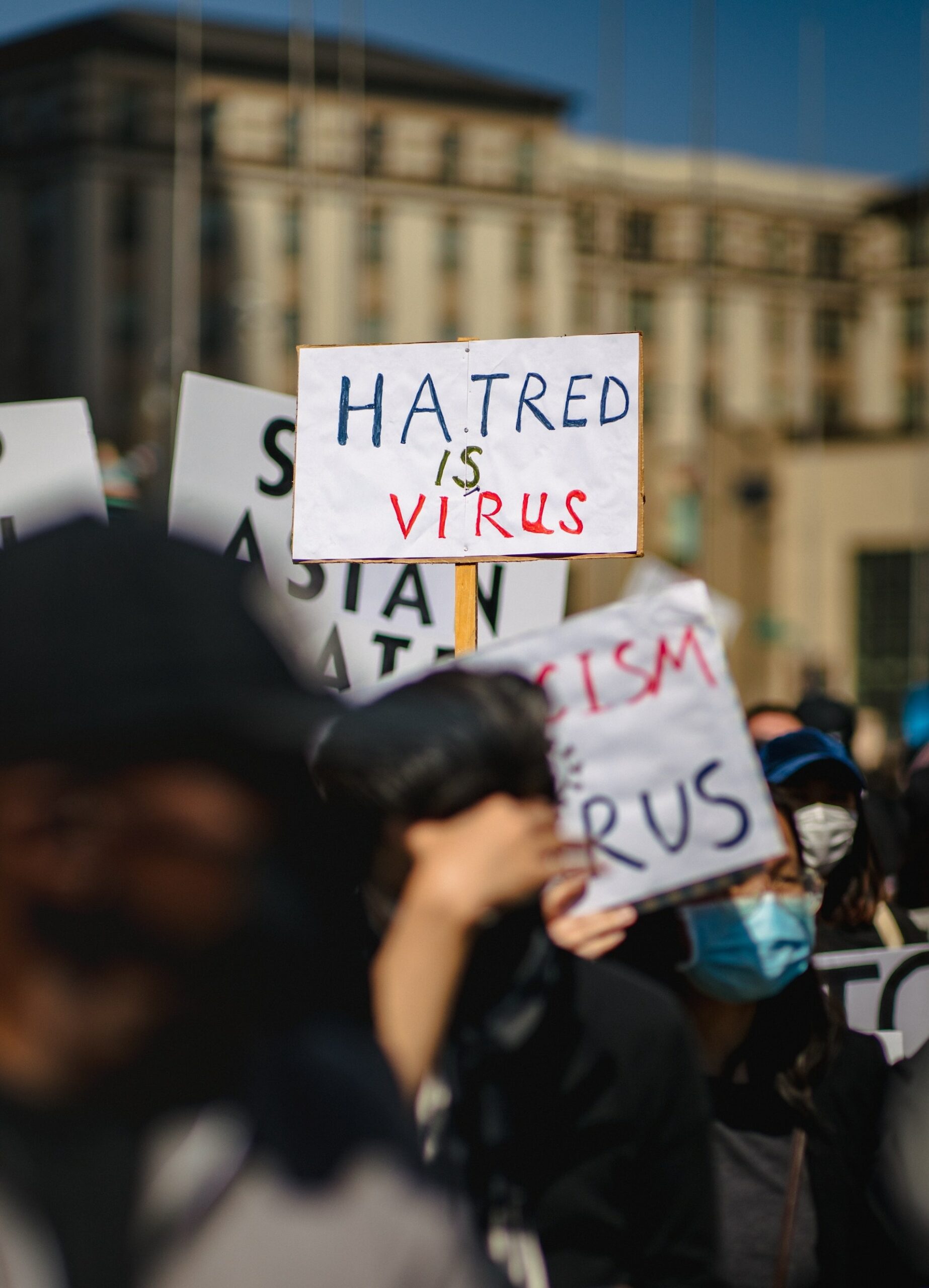Hate crimes are on the rise in the U.S. and around the world. In 2021, the Federal Bureau of Investigation reported an increase of more than 31% in the U.S. compared to the previous year, and we note the underreporting.
Most of the country’s largest 10 cities saw significant jumps in 2022, with increases averaging 22%. In the United Kingdom, there was a 26% increase between 2021 and 2022.
While tackling hate crimes is becoming more of a priority in many countries, there are several obstacles to countering hate and protecting marginalized communities – including severe underreporting and a lack of focus on the health impacts of hate crimes and hate speech on communities.

The American Psychological Association states that racial discrimination is linked to an increase in mental health and physical conditions such as diabetes and hypertension. The trauma endured due to hate crimes affects more than just the individual directly impacted, it also has a profound impact on witnesses and exposes communities whose members have been targeted to symptoms related to vicarious trauma.
Hate crimes can also impact sleep quality: a 2021 study found that those with experiences of religious discrimination had a higher risk of sleep disruptions. While an emerging field, the rise in hate crimes has led to a more sustained focus by government, academics, and civil society to interrogate how to better protect minority and marginalized communities from its negative impacts.
What can be done, then, to provide avenues of support? Training for those in the mental health and social services sector on the inner workings of how hate crimes occur and how they affect the victim and perpetrator is one avenue. This can include understanding the motives behind the hate crime itself all the way to the support and legal action that is needed in the aftermath of the crime. But, there are still gaps that need to be filled. This guides ICAAD’s work, where we are examining the link between hate and health to better protect human rights.
Academic institutions such as the University of Leicester have offered recommendations based on what they have learned about hate experiences. After conducting Britain’s biggest study ever done on hate, the team published recommendations, including:
- Improving safety on public transportation by raising awareness about hate crimes and their harms;
- Re-evaluating how hate offending should be punished by integrating educational and awareness strategies, as opposed to solely prison sentences.
With the rise in hate crimes has also come renewed funding to provide support to minority communities. In May 2023, the Equity Budget Coalition pushed for New York State to invest 30 million dollars into organizations supporting the AAPI community through fighting against hate and providing support. A focus on tackling hate crimes and bias-motivated incidents – and not just those that result in violent harm – can help them be better understood and mitigated.
It is vital to strengthen the understanding and awareness of hate crimes and the human rights impacts they perpetuate. Through our Countering Hate initiative, we have developed a database to track the prevalence of hate crimes and where the gaps in data collection exist. With this project, we hope to support partners, academics, and more as they work to build a more equitable future.
